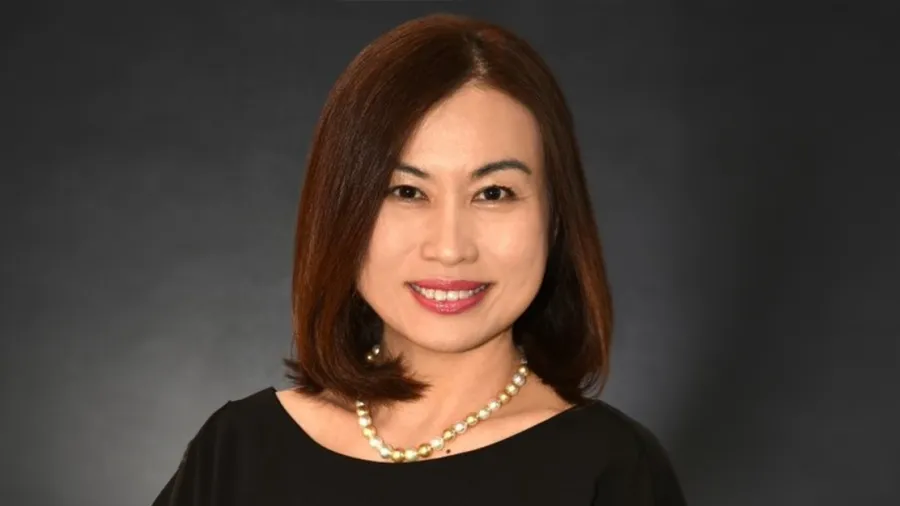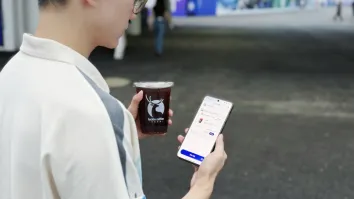
Citi’s Shally Koh on how to foster a more diverse banking organisation
The bank is touting its male allyship and mother support programs as part of its bid for gender equality.
Shally Koh was there when Citibank kicked off its commercial bank operations in Singapore in 2000. Twenty-four years later, Koh — who is now Head of Mid-Corporates and Technology and Digital client segment for CCB in the Lion City — is looking not just to scale up Citi’s market share in the commercial banking space and cement its position as a leading global bank in this segment but is also encourage more diversity and support for women bankers.
“Studies have shown that diverse teams and leadership perform better financially because it triggers improved innovation, risk assessment and resilience,” Koh told Asian Banking & Finance, when asked about the gap between the number of women bankers and women leaders in the industry.
“There is a risk of companies not capturing these benefits if they have low female representation at the top,” she said. “There needs to be concrete actions when it comes to hiring, retaining and promoting women across all levels of the firm.”
Koh, who is also the co-chair of the Citi Women Singapore Network (CWS), noted that the banking industry still has a long way to go before it can see equal representation, particularly in senior levels.
For Koh, her role in the CWS network is both professional and personal: not only is she a veteran banker in her organisation, she is also a mother of three daughters.
“As a mother of three grown-up daughters, promoting gender equity and inclusion in the workplace takes on even greater meaning as I want to further gender equality and build a more equitable environment for my daughters,” she said.
Promoting diversity and gender equality does not just involve empowering women; it is also necessary to engage the men working in the industry.
Citi’s #IAmMaleAlly program aims to encourage male allyship in the workplace, and has since conducted 30 workshops. Around 500 male employees across China, India, Singapore and Hong Kong have pledged to be Male Allies, Toh said, based on data by Citi.
Asian Banking & Finance spoke with Koh to learn more about her career as a banker and also what Citi is doing to support women pursuing careers in the finance industry.
Tell us more about yourself. How did you begin your career in the banking industry?
I’m currently the Head of Mid-Corporates and Technology and Digital client segment for Citi Commercial Bank in Singapore, where I help provide global banking solutions to mid-sized clients and manage a team. I also co-chair the women’s network at Citi in Singapore which aims to promote gender equity and inclusion. I’ve been a commercial banker for the most part of my career, having been part of the pioneering team when Citi started its commercial bank in Singapore in 2000. Prior to joining Citi, I had different stints as a credit analyst, and in retail banking, in a couple of local banks.
We understand that you are co-chair of the Citi Women Singapore affinity group. Can you tell us more about this role?
The Citi Women Singapore (CWS) network is one of the women-centric networks the bank has established in Asia. It is a community for female employees that encourages sharing and provides insights into the experience and challenges women face while working at the bank.
As the co-chair, I work with a group of talented colleagues who volunteer their time outside their day job to provide mentoring and career support, organise both internal and external events and networking opportunities, as well as local community involvement opportunities to support the women at Citi in Singapore. Together, we organise a series of interactive programs and initiatives every quarter.
We also recognise that advancing diversity is everyone’s responsibility, and so CWS is open to all employees, including male colleagues who are encouraged to join our Male Allyship program to better understand the challenges women in the workplace face and advocate for women at Citi.
How did your work in Citi expand your viewpoint both as a leader and as a professional in the finance industry?
Throughout my career in Citi, I have held close three key principles to keep me grounded: to keep learning from others and be humble; to hold myself accountable and take ownership to ensure that mistakes are not repeated; and to always find “me” time to rejuvenate and unwind.
What’s something happening in both the banking and tech industry that excites you?
Technology never stands still. Consumer expectations are changing rapidly, innovative breakthroughs are happening regularly, and our lives are becoming increasingly virtual. In less than a generation, we’ve witnessed cloud technologies become mainstream, device connectivity become commonplace, and artificial intelligence become reality. With FinTech reshaping the finance landscape, banks are also identifying opportunities to collaborate and partner with FinTechs to adapt and meet clients’ changing needs.
To keep up with the changes, we started a dedicated team of bankers to serve the tech-enabled corporates and digital natives segment. By doing so, we’re also able to better understand the common objectives of Digital, Technology and Communications companies and can better support our clients in achieving their goals.
What is Citi doing to help women pursuing careers in the banking sector?
Banks like Citi are continuously doing a lot more to improve the work environment and are taking clearer steps to achieve pay equity and foster a culture that supports equal opportunity for progression. Citi was the first bank to disclose the results of our pay equity review in 2018 and became one of the first companies to disclose unadjusted or ‘raw’ pay gaps for both women and U.S. minorities. Citi has also set aspirational diversity representation goals to have 43.5% women representation by 2025, after exceeding our 2018-2021 goals and increasing the representation at the Assistant Vice President to Managing Director levels for women to 40.6%.
Beginning in January 2020, Citi expanded the standard for a diverse slate of candidates from Managing Director and Director-level hires to also include the Assistant Vice President, Vice President and Senior Vice President levels. Citi also invests in career development and builds a pipeline of diverse talent through mentorship, networking, rotational programs and partnerships.
In addition to having 17 women network chapters in Asia, we have 22 other inclusion networks, including nine Pride chapters across Asia. We have over 6,600 network members in Asia, with close to 3,000 in Citi Women Networks across the region.
In India, there is the Maternity Flex Policy that allows women to work from home for a period of 12 months after returning from maternity leave. Maternity Matters, our Asia-wide maternity support program hosted educational sessions for expecting/new mothers and their spouses, and over 1,000 women employees benefitted from them.

















 Advertise
Advertise













